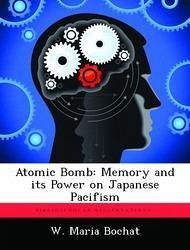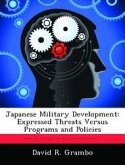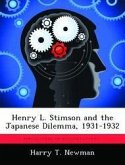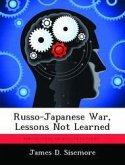Japan's pacifist identity and security practices have deep roots with the atomic bomb. The victims experiences and Japan's preferences in dealing with the memories distinguishes their nation and allows them security opportunities that other nations do not enjoy. The changes to Japanese Culture since the atomic bomb shows an emergence of a new identity closely tied to nonviolence. Japan's external identity as a global peace broker developed while the internal identity appears to constantly redefine itself and grow. The balance of Japan's External identity and internal identity are critical to Japan's social stability especially in regards to the nation's security. Keeping the memories of Hiroshima and Nagasaki is essential to the foundation of the nation's Pacifist identity even today. The atomic bombs are international symbols of extreme collateral damage and targeting of civilians. This violence against civilians has kept the story in the forefront of the global history. The Japanese understand the power of the victim's memory and continue to cultivate it. A reflective look, through the Japanese perspective provides greater understanding of the long-term effects and consequences of aggressive, violent actions taken against a country. This look includes the response of the international community. Currently, members of the ruling party propose revisions to their constitution and military missions.
Hinweis: Dieser Artikel kann nur an eine deutsche Lieferadresse ausgeliefert werden.
Hinweis: Dieser Artikel kann nur an eine deutsche Lieferadresse ausgeliefert werden.








